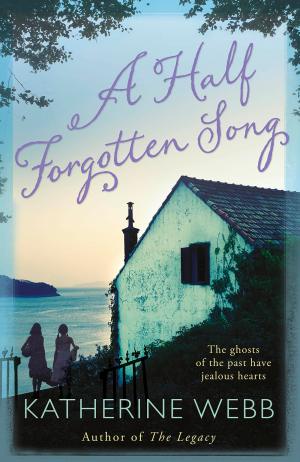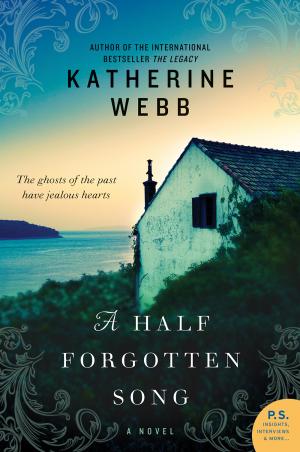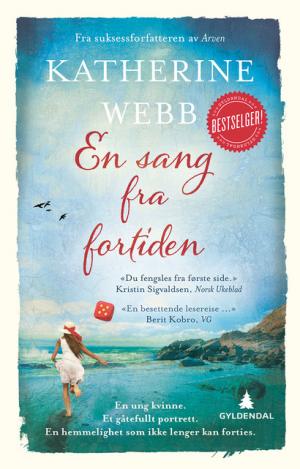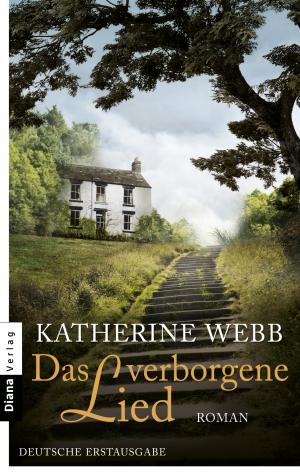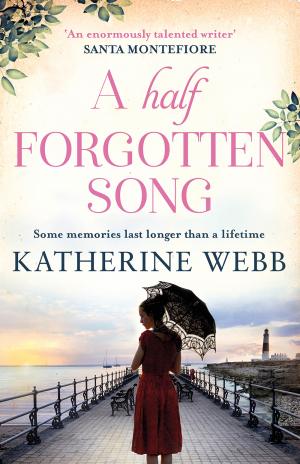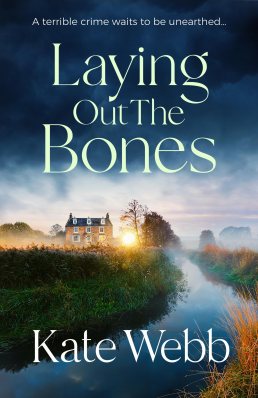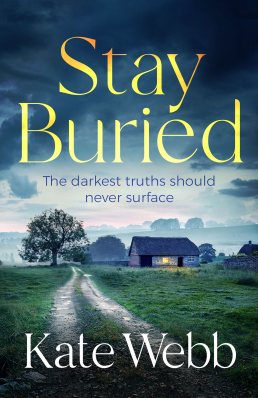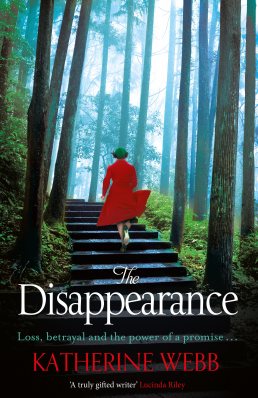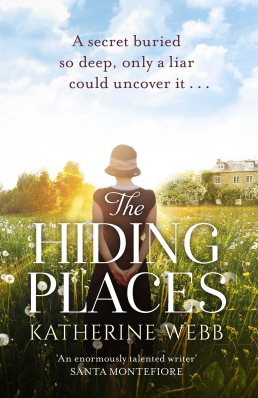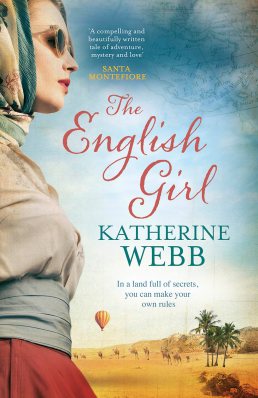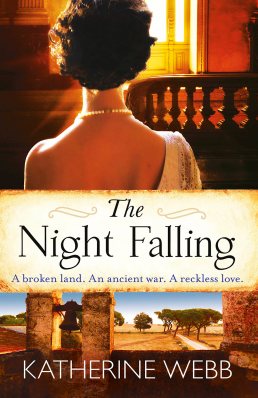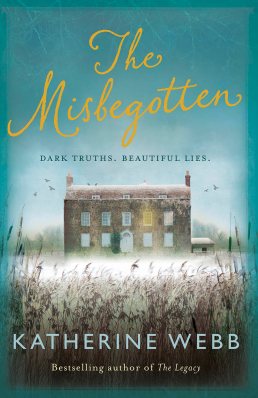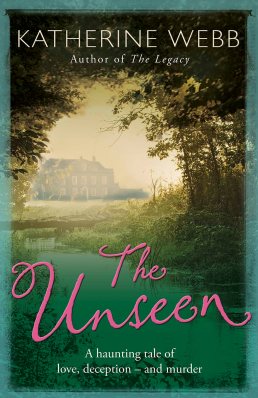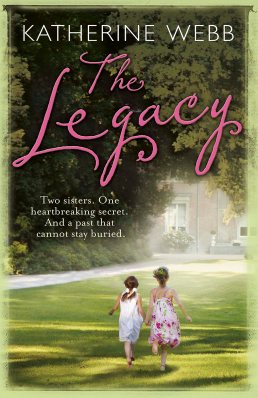A Half Forgotten Song
The ghosts of the past have jealous hearts
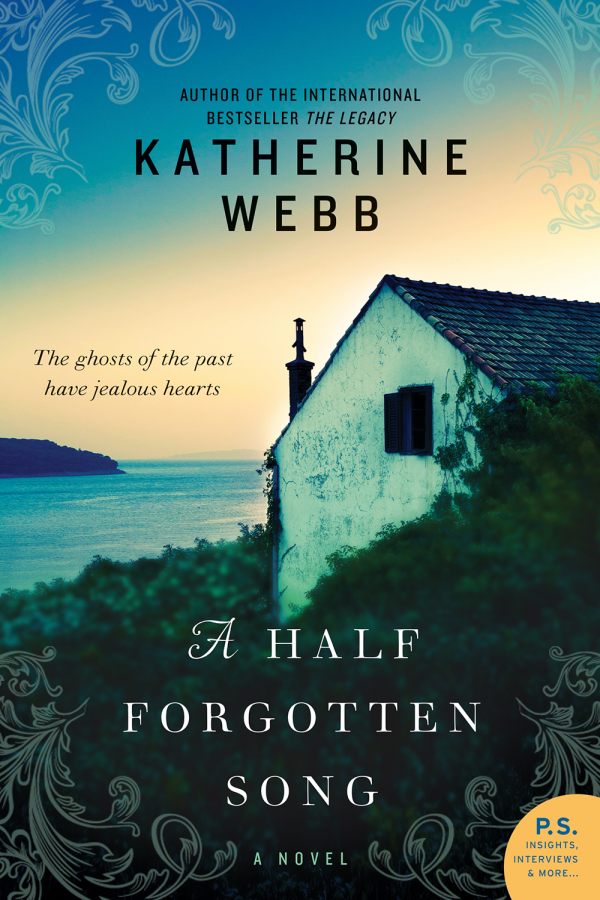
A Sunday Times Top Ten Bestseller
1937
In a village on the Dorset coast, fourteen-year-old Mitzy Hatcher has had a wild and lonely upbringing - until the arrival of renowned artist Charles Aubrey, his exotic mistress and their daughters, changes everything. Over the next three summers, Mitzy glimpses a future she had never imagined, and a powerful love is kindled in her. A love that grows from innocence to obsession; from childish infatuation to something far more complex.
Years later, a young man in an art gallery looks at a hastily drawn portrait and wonders at the intensity of it. The questions he asks lead him to a Dorset village and to the truth about those fevered summers in the 1930s...
The first seed of the idea for this novel was planted by a summer job I had during my university years. The job was in the bindery department of a printing works, which produced high quality art books and periodicals. For two weeks, I hand-collated a book about the artist Augustus John, and saw, again and again, his glorious portraits, which were often of the women in his life. I was captivated by them. I took a copy of the book home with me, and learned a bit more about the man – one of Britain’s foremost twentieth century artists.
He lived in a very unconventional way for the late Edwardian era, with wife Ida, mistress Dorelia, the children of both women, and sometimes Dorelia’s sister too, all under one roof. He was said to have tremendous allure, and to be a great lover of women – so much so that it was joked that he would pat the head of any passing child in the street – just in case it was his. His portraits are strikingly sensuous. He manages to convey mood, expression, and atmosphere with just a few strokes of his pencil, and often worked quickly, spontaneously, to capture a moment. There’s a photograph of Augustus, Ida and Dorelia, with several of their children, enjoying a picnic on a cliff top in Dorset, where they lived for several years. When I saw it, I started to wonder – what must the residents of a quiet place like Dorset, in the early part of the twentieth century, have made of such Bohemian living arrangements?
So the character of Charles Aubrey was born, inspired by but not based upon Augustus John. And the character of Dimity also came to me – a girl who had never known anything but the village and house where she grew up, and whose experience of life to date had been one of exclusion and hardship. How would she react when confronted by the warm, open, extended family of a great artist? How would she react when she was invited into that circle? How would she adjust? Would it be too much for her? The most rural parts of any country are the slowest to change, and in the 1930s, the era I decided to set the story, a lot of houses in rural England would have remained unmodernised, without indoor bathrooms or telephones; in some cases even without electricity. The pace of life was slower, and still shaped by the farming calendar. Many people spent still their whole lives within reach of the village where they were born.
Dorset remains one of the most beautiful parts of England, and one that, for me, epitomises the joy of the British seaside. It has a stunning coastline, and rolling hills inland. In the summer, it’s flooded with holidaymakers for these very reasons. When I was a child we took our summer holidays in Devon, rather than Dorset; but since then I have visited the county many times, and come to love it. I jumped at the chance to try to capture the landscape and feel of the place – how wild and lonely, as well as lovely, the coast there can be. To an outsider, just coming to visit, it’s the picturesque scenery that gives the lasting impression. But I could well imagine that to have grown up there, in an earlier time, might have been a difficult and insular experience.
The nature of Dimity’s upbringing – in near poverty with a neglectful single mother – means that she has had to fend for herself, and often feed herself, a lot of the time. Dimity is an expert in the kind of wild food and foraging lifestyle that has recently come back into fashion! But I wanted to show that if you had to forage to survive, it would be a very different thing – knowledge would be passed down from parent to child, and it would become a necessity, even a chore. I have long been interested in lost herb lore, wild food, and hedge pharmacy. A low-income family in the 1930s, before the days of the National Health Service, would not have been able to see a doctor for every minor, or even major, ailment that they suffered. Home remedies were still very much in use, for everything for a liver disease to piles, birth control and beauty treatments; and again, such recipes were passed down in families, and shared with neighbours. I really wanted Dimity to be perfectly adapted to her environment in this way – to have all this knowledge, which to the Aubrey family is something of a novelty, but to her is a means to survive. It would have been a hard way to exist, and when Dimity is shown an alternative way of life by the Aubrey family, she is captivated by it.
So the stage was set for two different worlds to collide – Dimity’s poor, traditional, lonely one; and the Aubreys’ cosmopolitan, expansive, exuberant one. Neither side will be the same again, once the consequences of their meeting have fully played out. The intense and flattering attention of the artist, as he repeatedly sketches the rustic Dimity, is like nothing she has experienced before, and once she has tasted it, she cannot let it go. I’m sure we can all remember crushes we had during our adolescence, and just how powerful and all-consuming they could be. I suddenly wondered, as I thought of Dimity, just how destructive such an obsession might be, given an extraordinary set of circumstances; how, with the carelessness of happy, privileged people, the Aubrey family might push Dimity past reason to a stranger, darker place.
The story also touches on memory, and the way it can play tricks on us. Or rather, the way we can wilfully use it to play tricks on ourselves. How often, when something happens that we are ashamed of, do we deliberately forget about it, or tweak the events to exonerate ourselves somewhat? At the extreme end of this scale there are cases of people whose minds have entirely suppressed memories that are too painful or too traumatic for them to cope with. Given a lifetime to reflect, and bury, and build her own cover-story, would Dimity manage to entirely expunge those memories of the Aubreys that were hateful to her? Would she be able to rewrite her own history, or, towards the end of her life, would the memories bubble up, and refuse to stay silent? Would they come back to haunt her, like ghosts, and not rest until she had confronted them?
A Half Forgotten Song became a story about the precarious balances we live with – how so many things can be both wonderful and destructive; both beautiful and savage – from love to landscape, from art to childhood. That the apparent kindness of welcoming a stranger into your home can in fact be cruel; that trying to fit in where you don’t really belong can make you lose yourself. It’s about what can happen to us when we’re put into a situation for which we are wholly unprepared, and how careful we all ought to be with the lives and feelings of others.
Buy now
Loading feed...
Reviews for A Half Forgotten Song
'The book may be called 'A Half Forgotten Song' but I won't be forgetting this beautifully told tale for a long, long time. 10/10.'
Brainfluff
'I found myself caught in its web and put it down only with difficulty. The revelations at the end are unexpected, astonishing, and definitely worth waiting for.'
readingthepast.blogspot
'A dreamy summer epic.'
Essentials Magazine
'Katherine Webb's third novel is as enchanting and as deliciously written as her previous. Webb's writing is sophisticated, convincing and sensual, making it a linguistically pleasurable novel as well as providing a captivating plot. Webb has again produced an enchanting novel...'
thegryphon.co.uk
'...an intriguing story and a gripping read. The tension in the story is slowly build up, almost imperceptibly, until it reaches the stage where putting the book down becomes an impossibility because the need to find out exactly what is going on has gotten too strong...a fascinating and engrossing novel; a page-turner that will keep the reader enthralled.'
Nudge-book.com
'Webb does a fantastic job with the numerous various points-of-view. While each has serious flaws, they are incredibly sympathetic. Each has a weakness for ignoring aspects of their own reality in favour of what they wish life would be. And by spanning 75 years, Webb highlights that human nature never changes. In the midst of all of her commentary on our fallibility, Webb still weaves a compelling story. This tale of identity, memory and personal truth is a fabulous read.'
mwgerard.com
'In 'A Half Forgotten Song', Katherine Webb blends the past and present in a delicious story of passion, secrets and lies. Richly described and full of plot twists, romance and revelations, 'A Half Forgotten Song' is another satisfying read from the author of 'The Legacy' and 'The Unseen'.'
The Historical Novel Society






